Access to work for young disabled people – Lords Committee launches call for evidence
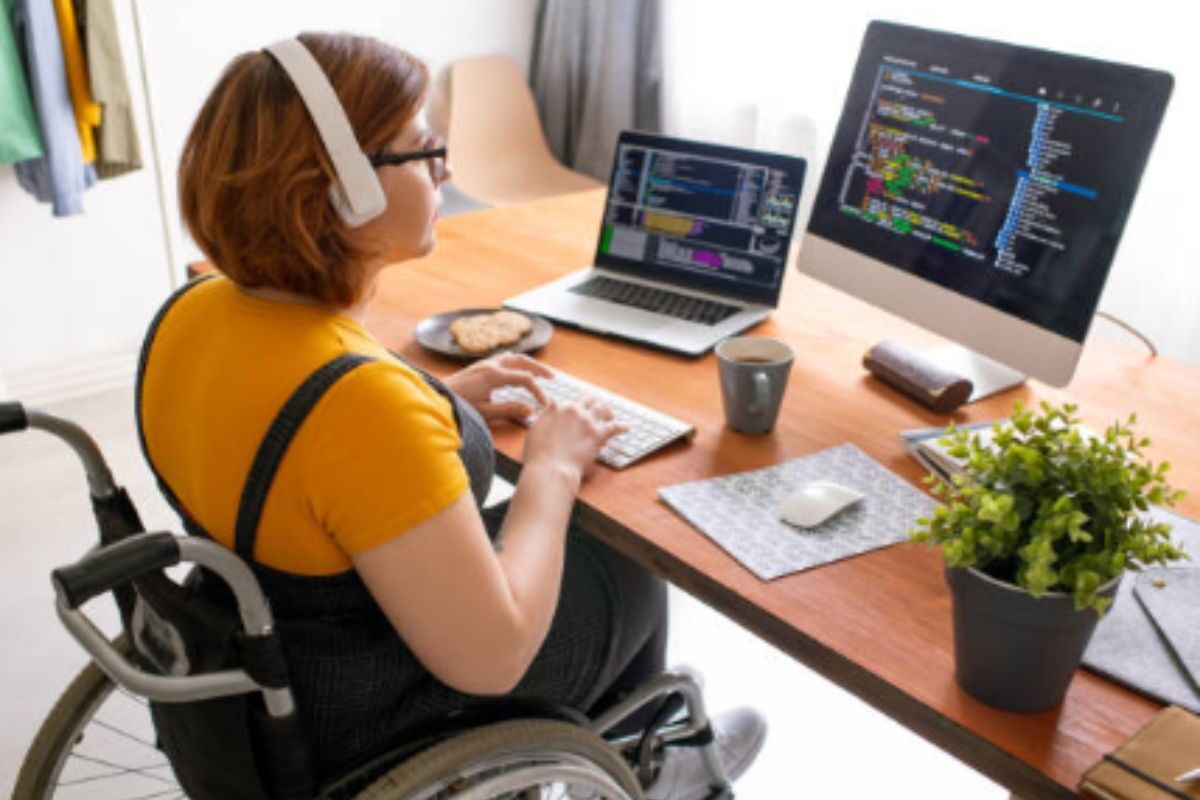
Today, the House of Lords Public Services Committee has launched a public call for written evidence in relation to its inquiry into the transition from education to employment for young disabled people.
The inquiry, which launched in June, will examine employment and career support for young disabled people leaving education and entering the job market and workplace. It will also explore the barriers which inhibit them in achieving their goals including the move from support at school to support at work and non-inclusive employment practices including bullying and harassment. The inquiry will consider public services as employers, and how the rights of disabled people in the workplace are enforced.
Questions/Topics the Committee is seeking evidence on include;
- The support available for young disabled people including how effectively education systems provide careers advice, guidance and support which meet the needs and career aspirations of young disabled people.
- The accessibility of careers in public services to young disabled people when they are first entering the job market: the Committee will ask for examples of good and poor practice in recruitment.
- How effective are government programmes which support or encourage employers to employ disabled people, particularly young disabled people? Does this differ by condition or disability? How could they be improved?
- How effectively are the rights of disabled people upheld and enforced in the workplace? What barriers do young disabled people face in accessing the support (including legal support) that they need and are entitled to? How could enforcement mechanisms be improved?
The full call for evidence and details of how to make submissions are available on the Committee website. This information has been produced in a variety of accessible formats, including in Easy Read, audio, and British Sign Language. Submissions of written evidence should be received by 21 September 2023.
Baroness Morris of Yardley, Chair of the Public Services Committee said;
“Disabled people are more likely to be unemployed or economically inactive than non-disabled people. And they face many barriers to entering the workplace, particularly for the first time.
“A key transition in young disabled people’s lives is leaving education and entering the workforce. This at a time of significant change already: that from services aimed at young people to services geared towards adults. We want to establish how well this works, and how it can be improved. And we want to know about careers support, and how well that is working.
“Disabled people are more likely to choose to work in the public sector than non-disabled people: and indeed the public sector should be a good example of inclusive employers. We would be interested in hearing about good and poor inclusive employment practices, and how best practice could become the norm, considering how employers operate in the UK and further afield: and how the rights of disabled people are enforced when things go wrong.
“We have produced this call for evidence so that it is as accessible as possible. We want to reach past the usual audience, and we hope that people – especially young disabled people – will tell us what they know.”
The first evidence session of this inquiry was held on 7 June 2023.



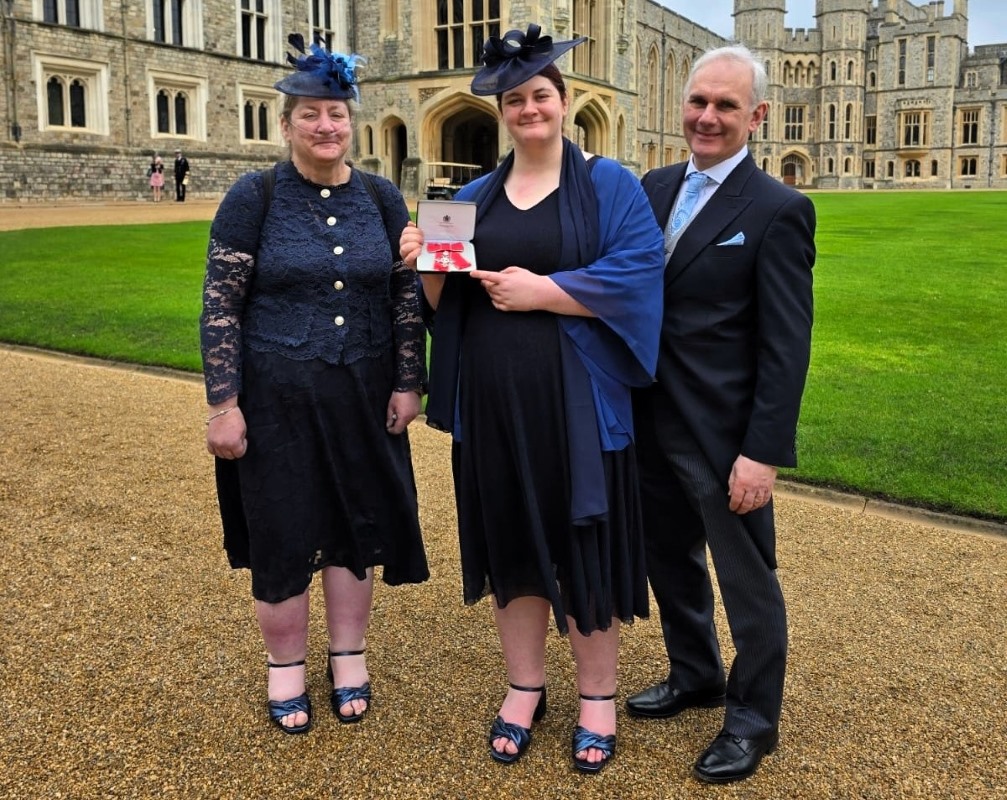



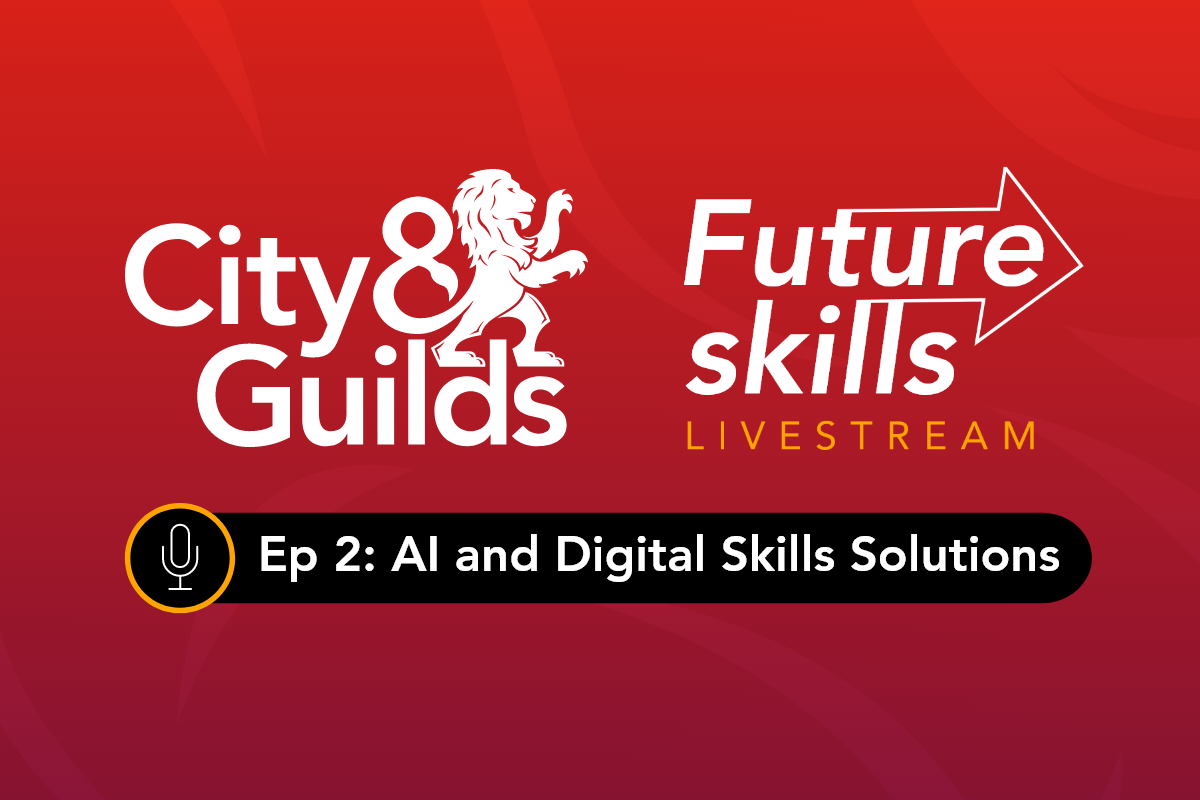

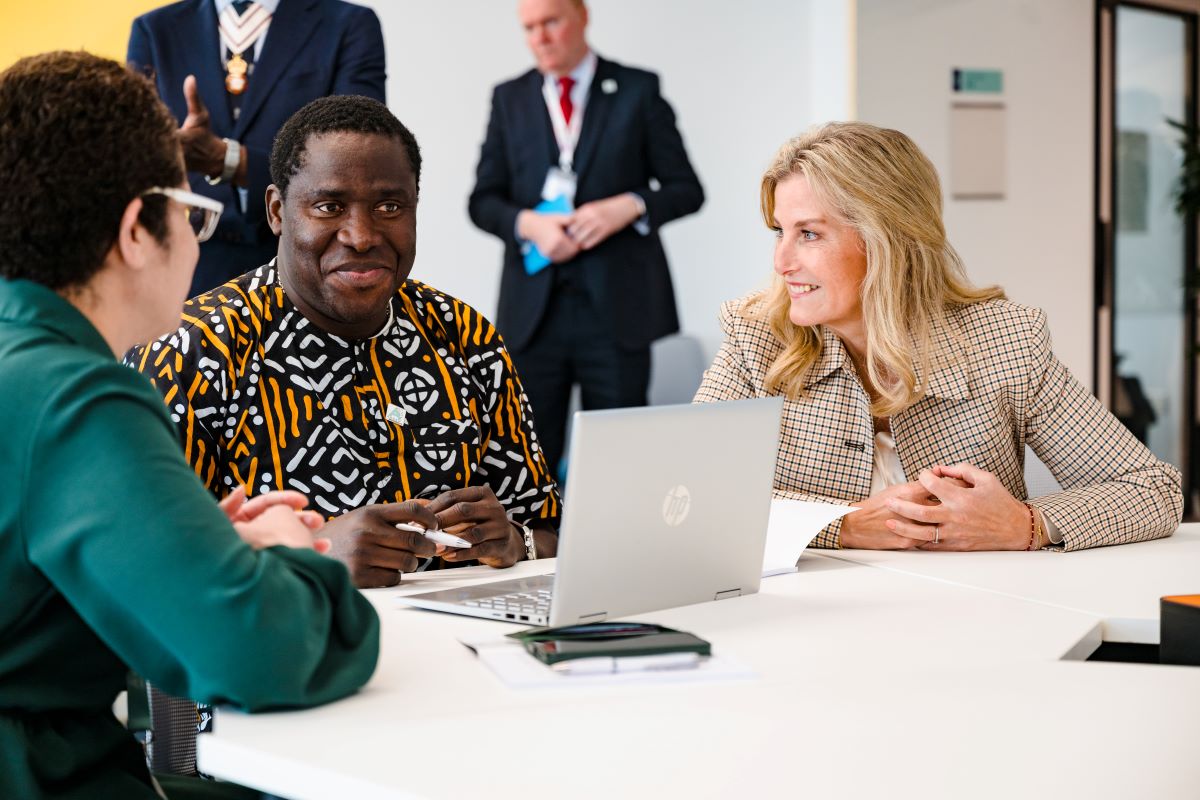
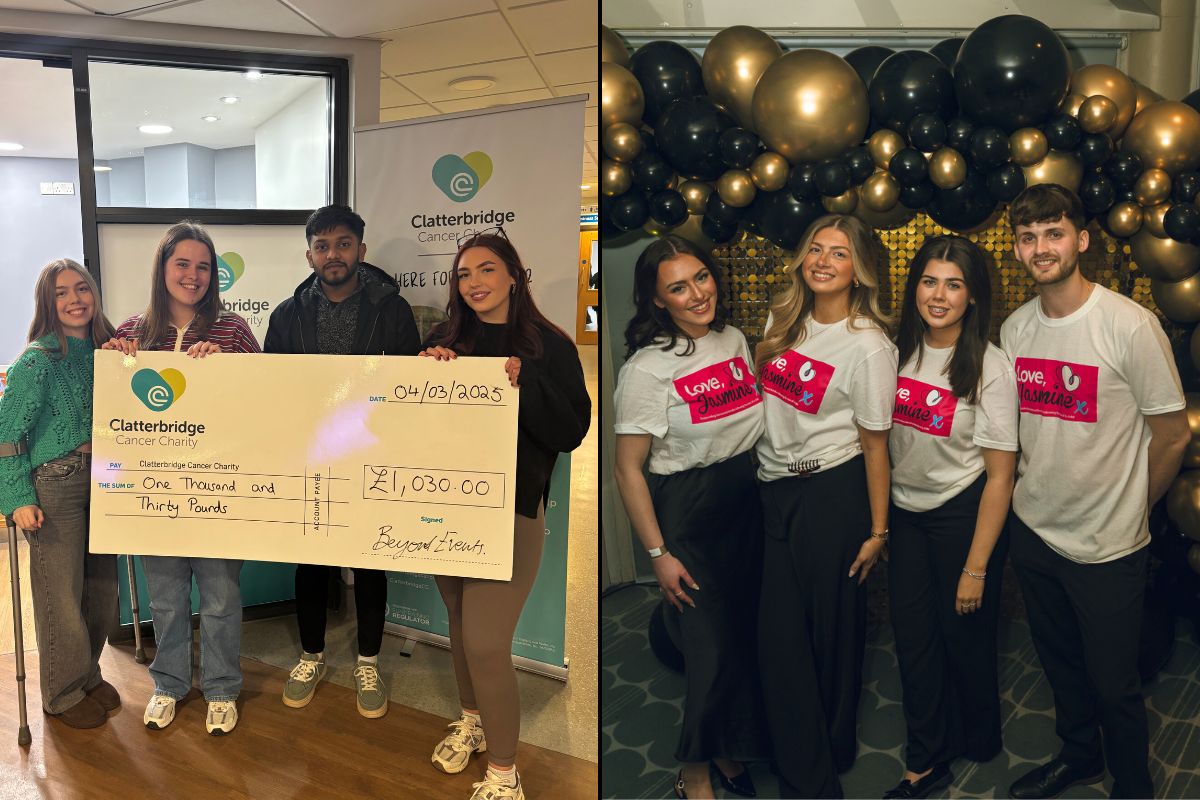
Responses